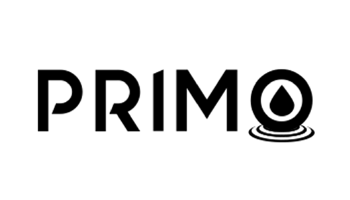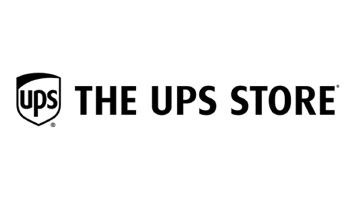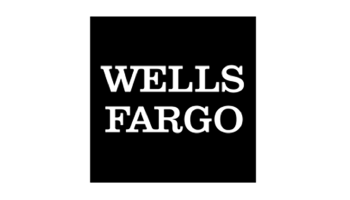Media. Insights.
Business growth.
We revolutionize the way your brand connects through media. This revolution happens in two ways: we produce innovative, data-driven media plans that create action, and we get the dust on our hands working side-by-side with your team to make growth happen.
Who We Are
Transform Media, Achieve Results
Mindstream Media Group is an integrated, full-solution media agency. We are passionate about pushing the boundaries of media strategy, and we’re passionate about jumping in right next to your team to create the inspiration, to pinpoint the opportunity, and get the work done. We find power in the simplicity of doing.

Our Work
A Few of Our Best Case Studies
Our Capabilities
Powering Your Brand’s Success
We help our clients move forward in a digital-driven world by evolving their media, technology, digital platforms, and audiences to create fully integrated marketing strategies that drive impactful results.
Strategy & Insights
Discover data-backed, channel-agnostic opportunities that elevate your brand’s awareness and consideration.
Media Planning & Buying
From proven power-player channels to emerging media wherever your audience is, we’ve been there. We specialize in planning and buying that guarantees attention and drives results.
Retail & Shopper
Masters of e-commerce and retail media, we provide a comprehensive suite of services designed to amplify your brand’s presence and sales, both online and in-store.
Technology & Analytics
Bringing together research, data science, analytics, and strategy to solve the most human problems in marketing.
Let’s Talk
Are you ready to revolutionize your media for business growth? Speak with a Mindstream Media Group expert.
Our Clients
Partners in Success
























Our Clients
Partners in Success





























